9 Free Design Process transparent PNG images
Explore our comprehensive Design process image collection, featuring 9 free AI-generated images that illustrate various stages and aspects of design methodology. Browse through a diverse selection of stock photos, 3D objects, vectors, and illustrations that capture everything from initial sketches to final prototypes. All images are available in high resolution for free download, and you can use our innovative 'open in editor' feature on any image's detail page to adjust the prompt and regenerate variations that perfectly match your creative vision.




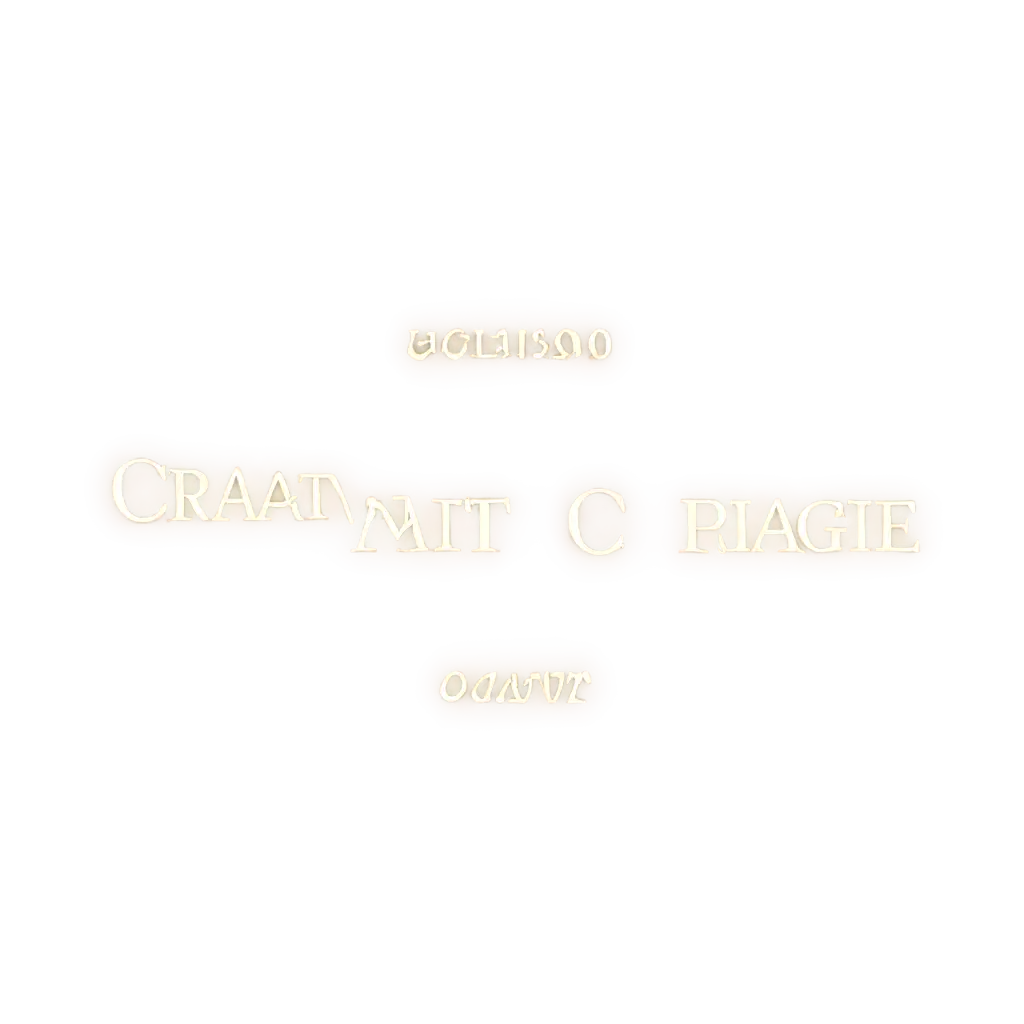
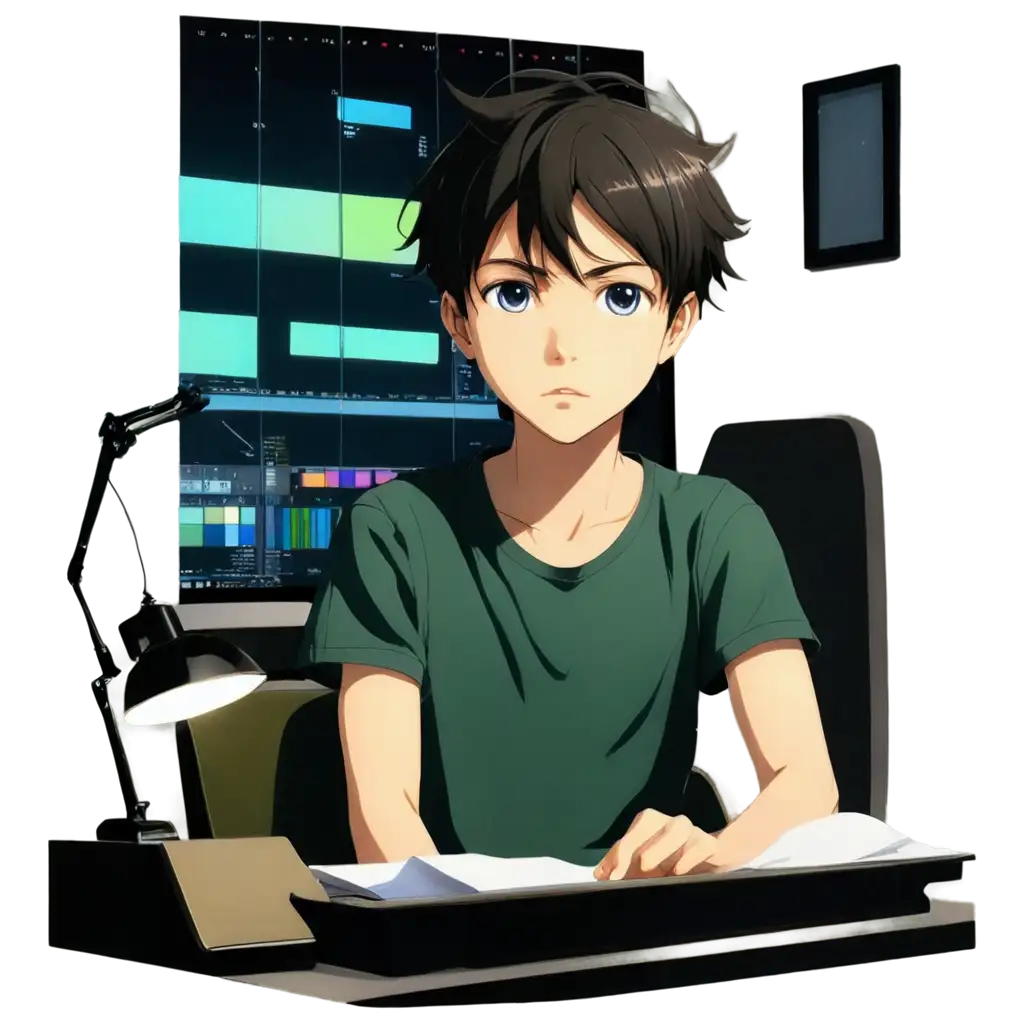
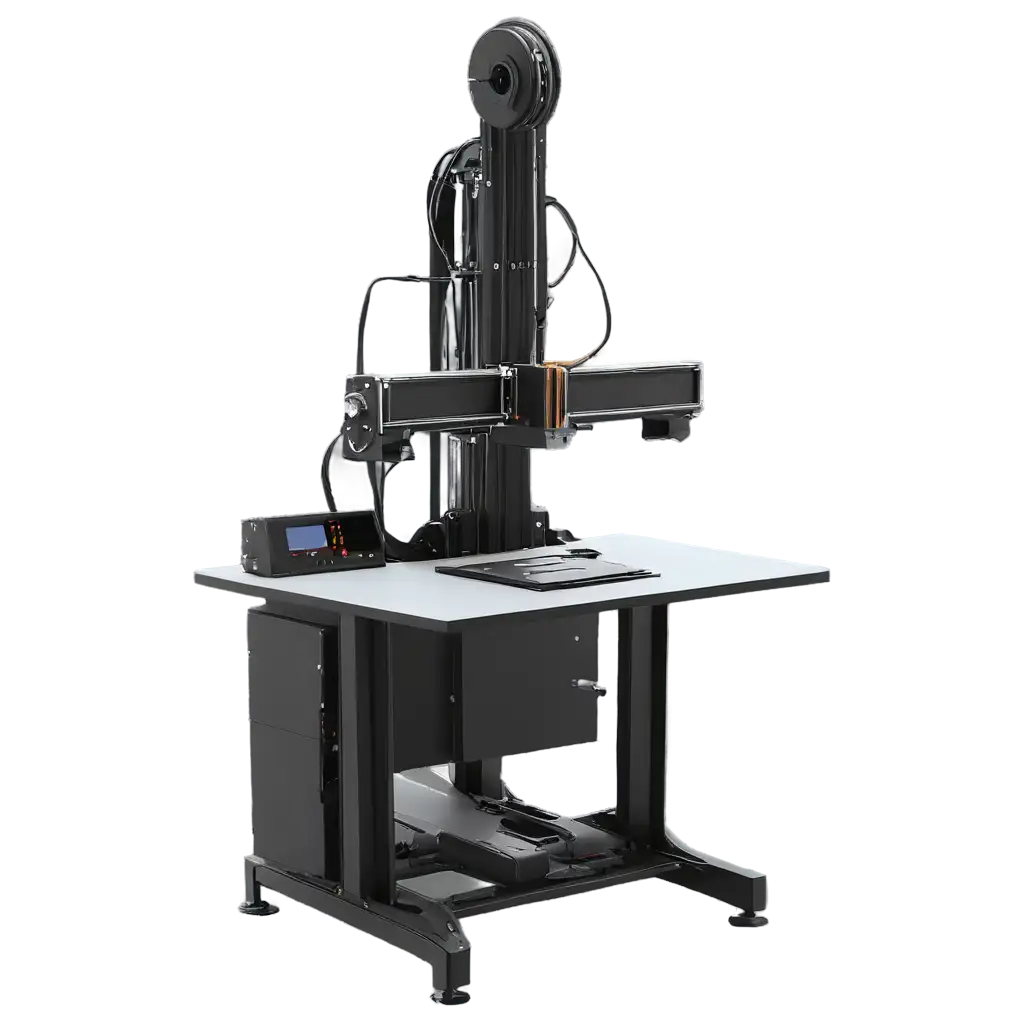
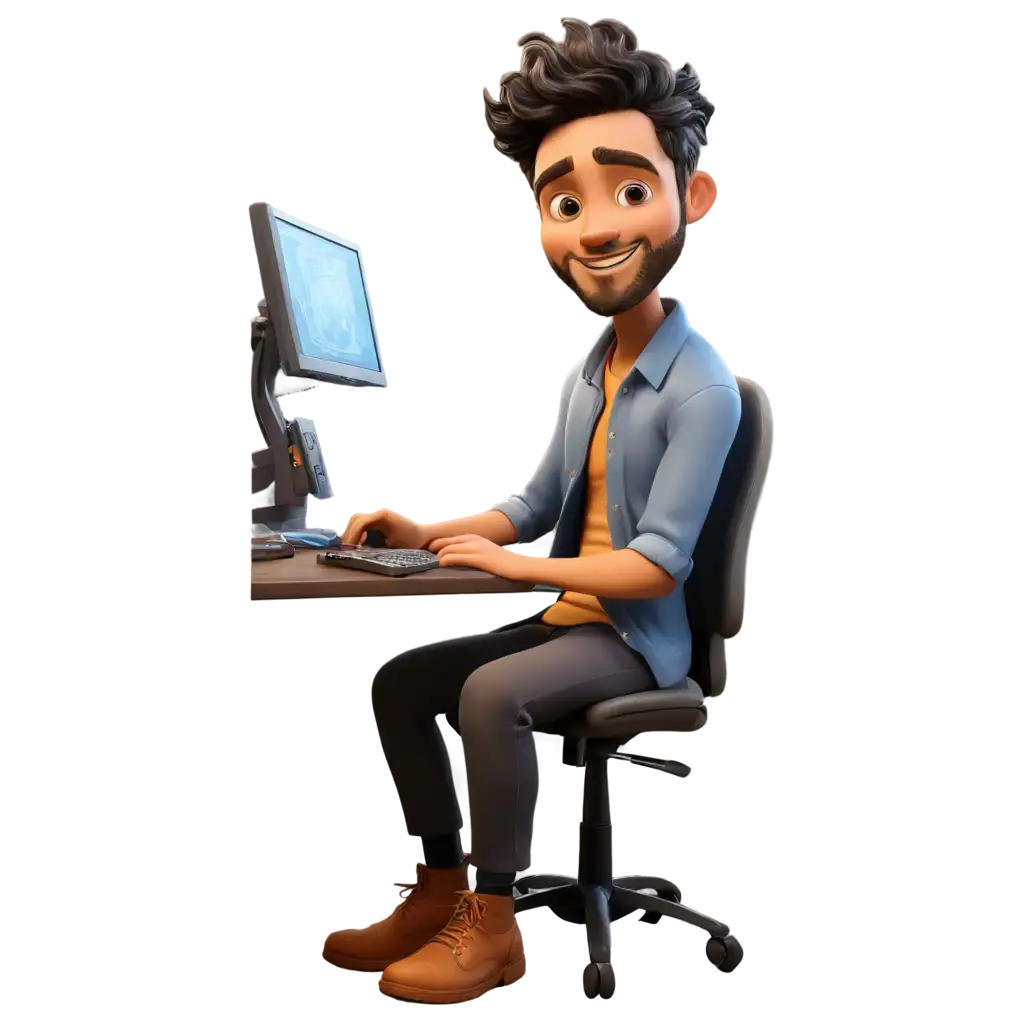
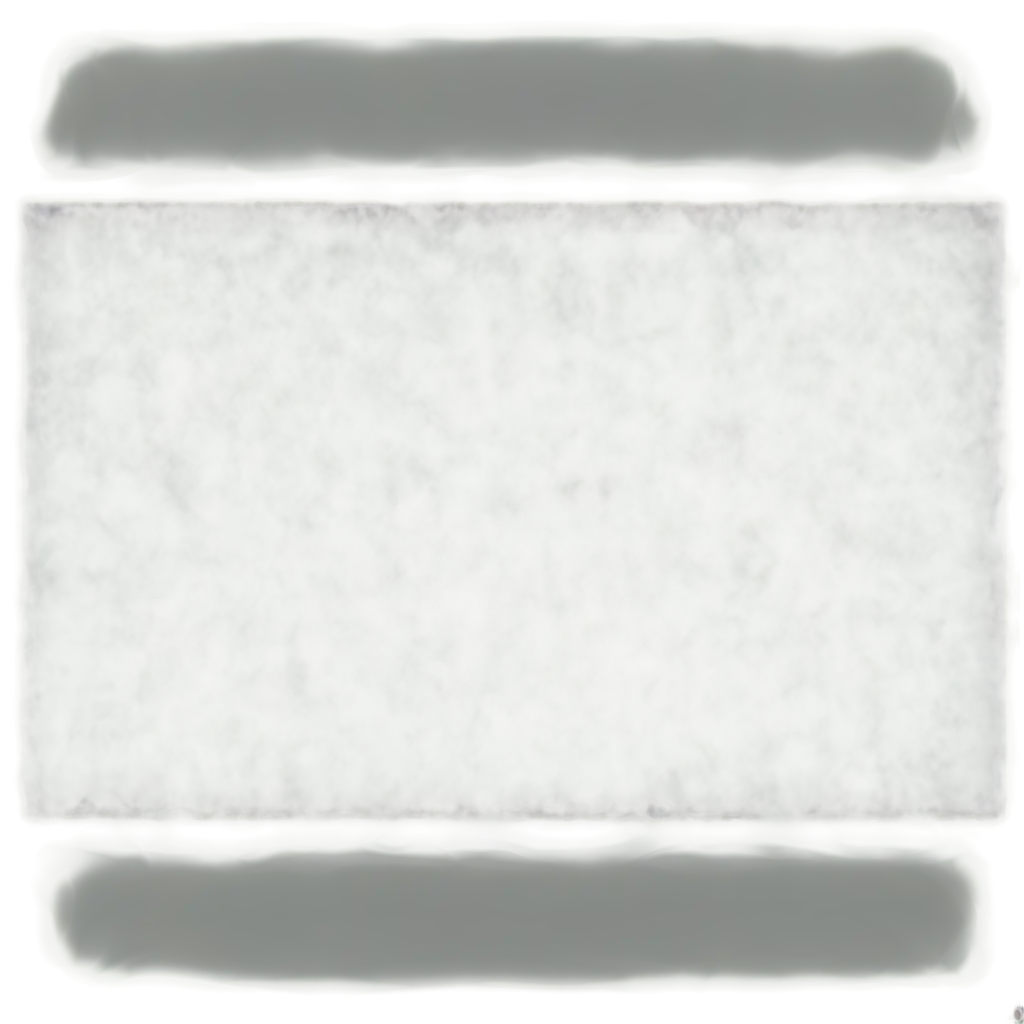
Related Tags
The design process is a systematic approach to problem-solving and creation that involves multiple stages of development. Traditional design methodology typically follows a pattern of research, ideation, prototyping, testing, and iteration. In the context of AI-generated imagery, this process has evolved to incorporate technological innovations while maintaining core design principles. Modern design processes often integrate digital tools, collaborative platforms, and AI assistance to streamline workflows and enhance creativity. This fusion of traditional design thinking with cutting-edge technology has revolutionized how designers approach projects, enabling faster iterations and more experimental approaches to problem-solving.
Understanding Design Process: From Concept to Creation
Contemporary design processes leverage a diverse array of tools and techniques that combine traditional and digital methods. Key components include digital sketching tools, 3D modeling software, prototyping platforms, and now, AI image generation capabilities. These tools enable designers to visualize concepts quickly, iterate rapidly, and explore multiple solutions simultaneously. The integration of AI in the design process has particularly transformed rapid prototyping and concept visualization, allowing designers to generate and evaluate numerous options in minutes rather than hours or days. This technological advancement has not replaced human creativity but rather enhanced it by providing new avenues for exploration and experimentation while maintaining the essential human elements of design thinking.
Essential Tools and Techniques in Modern Design Workflows
Artificial Intelligence has fundamentally transformed the traditional design process, introducing new capabilities and methodologies that were previously impossible. AI-powered tools now assist in various stages of design, from initial inspiration and mood boarding to final rendering and implementation. This technological integration has led to more efficient workflows, enabling designers to focus on strategic thinking while automating repetitive tasks. The ability to generate multiple design variations quickly has revolutionized the iteration process, allowing for more comprehensive exploration of design possibilities. Additionally, AI has democratized certain aspects of design, making sophisticated design tools and techniques accessible to a broader audience while maintaining professional standards through intelligent assistance and guidance.
Impact of AI on Design Process Evolution
The future of design processes points toward even greater integration of AI and machine learning capabilities. Emerging trends include adaptive design systems that learn from user interactions, predictive design tools that anticipate user needs, and collaborative AI systems that can work alongside human designers as creative partners. We're seeing the development of more sophisticated AI tools that can understand context and brand guidelines, generating design solutions that are not only visually appealing but also strategically aligned with project goals. The evolution of design processes will likely continue to focus on balancing automation and human creativity, with AI taking on more complex tasks while enabling designers to focus on strategic decision-making and innovative problem-solving.
Future Trends in Design Process Innovation